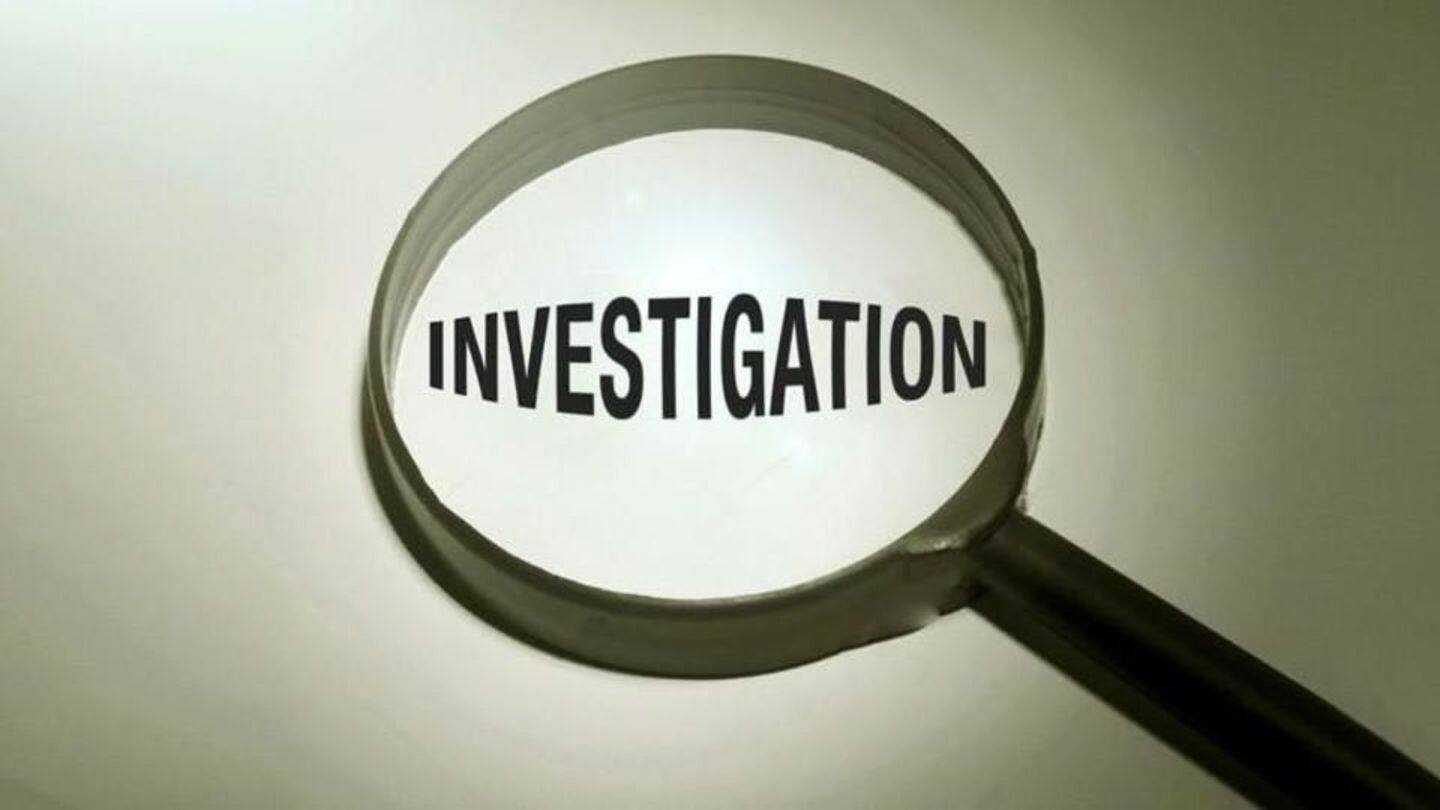
CIC: Black money SIT comes under RTI's ambit
What's the story
The Central Information Commission (CIC) said that the SC-appointed Special Investigation Team (SIT) on black money is a public entity, bringing it under the Right to Information Act's (RTI) ambit. This order was necessitated after a petition was filed by Venkatesh Nayak, Commonwealth Human Rights Initiative's program coordinator. Thus, CIC held that relevant information, according to RTI rules, should be provided to the public.
SIT
What is the SIT on black money?
The SIT on black money was established on the orders of the SC in 2014 to suggest methods to reduce black money in the country. The SIT is headed by the SC judge MB Shah. The SIT investigates cases of black money stashed abroad by evading taxes or generated through unlawful activities. It coordinates with the RBI, IB, ED, CBI and R&AW among others.
Progress
How has the SIT's progress been?
Justice (retd) Arijit Pasayat, the SIT's deputy chairman, had said in March that the SIT had detected Rs. 70,000cr black money, of which Rs. 16,000cr were stashed abroad by Indians. In its third report released in May, it revealed that 422 of 628 entities/people listed by the SIT were Indian residents. Moreover, it observed that cricket betting was a major black money source.
Information
Venkatesh Nayak wanted information based on Herve Falciani's claims
In 2015, whistleblower Herve Falciani, HSBC bank's former employee, had said that Indian authorities were not using the information that he had provided about illegal funds stashed abroad. He had subsequently claimed that this prompted him to file an application with the SIT's Central Public Information officer (CPIO). Nayak had asked for this letter, its response and reports submitted by the SIT.
Rejection
Nayak denied information after some dilly-dallying
However, Nayak said that the CPIOs in the finance ministry "played soccer" with his RTI application, transferring it from one department to another. Finally, Central Board of Direct Taxes' (CBDT) CPIO claimed exemption under RTI Act's Section 8(1)(h), which states that 'information which would impede ongoing investigation' need not be provided. The CPIO also demeaned Falciani calling him "certain persons claiming to be whistleblowers."
Petition
This prompted Nayak to file the petition
Later, the application again went to the black money SIT. After waiting for a reply for 140 days, Nayak filed a petition before CIC. He didn't demand the information but sought to declare SIT a public authority under the RTI Act. As per RTI Act's Section 2(h)(d), 'body constituted by a government notification' can be regarded a public authority. The SIT fulfilled this criterion.
CIC
What did the CIC say in its order?
Meanwhile, the information commissioner Bimal Julka in his order noted that "When a public authority (SIT on black money) is largely funded by the government and performs the duty of bringing back unaccounted money unlawfully kept in bank accounts abroad," it performs a public duty. Thus, within the RTI's framework, citizens have the right to know about "certain information" related to its investigations.
Do you know?
What does this imply?
This order is important as so far little information has been provided by the SIT to the public, since its constitution. Nayak hopes the SIT will comply with the CIC's decision; he also plans to file a fresh application seeking information which was denied to him.